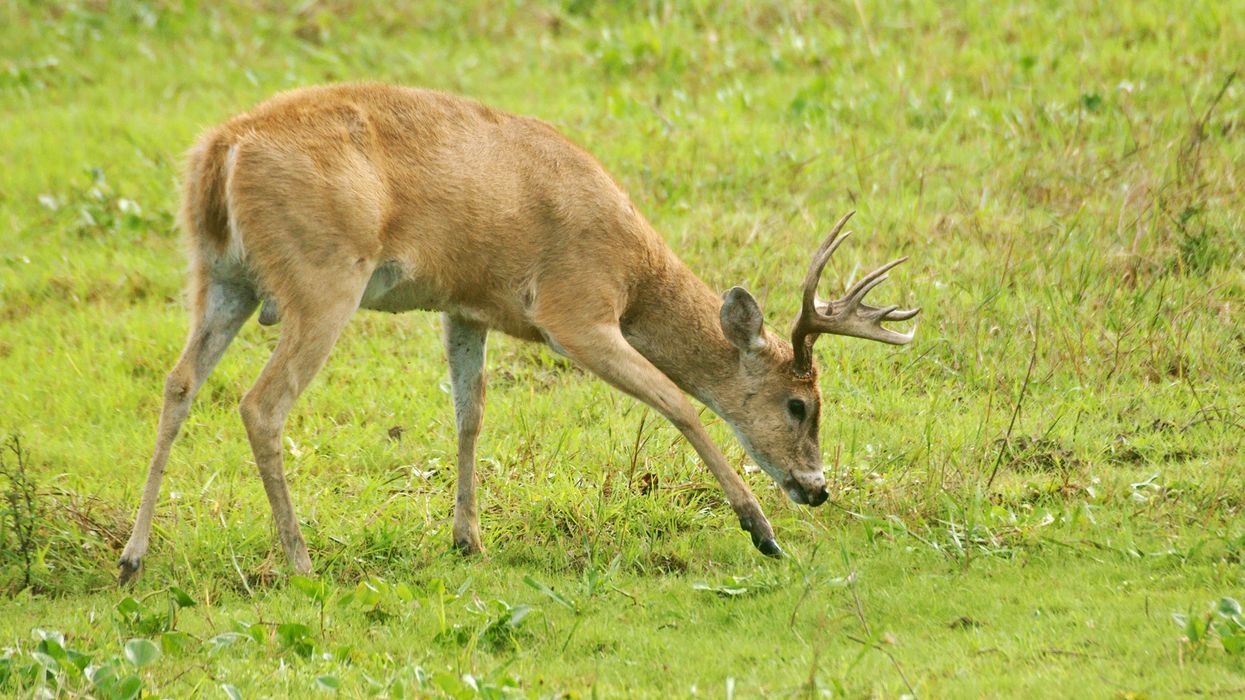The CDC Says COVID Might 'Hide' In Animals & They Should Be Monitored For New Mutations
It can lead to new variants.
Future COVID variants might not just come from humans; there's a chance they could mutate in infected animals, too.
That's according to a new message from the U.S. Centers for Disease Control and Prevention this week, amid concerns that the virus could survive in North American wildlife for years to come.
The CDC is advising health authorities to keep track of COVID infections in wildlife because they could carry and give rise to new variants, which could then be transmitted back to humans.
"One of CDC's primary One Health concerns is the establishment of a North American animal reservoir in which the virus could 'hide,' mutate, and potentially re-emerge as a new variant in the human population," CDC spokesperson Jasmine Reed said in a statement.
We've already seen cases of the novel coronavirus infecting animals. Earlier this year, in January, blood collected from white-tailed deer in four different states showed antibodies of the virus in one-third of the samples, reported CBS News.
A Canadian study also found potential for infection in deer that could then mutate and spread back into humans.
The CDC's warnings echo the World Health Organization's recommendation that wildlife should be monitored for highly transmissible variants to prevent news waves in the coming future.
We've already seen the virus run rampant in some animals. In 2020, millions of minks in Denmark had to be culled because it was found to be spreading amongst their population.
Similarly, in January of this year, pet stores in Hong Kong culled thousands of hamsters because a number of them turned up testing positive for COVID-19.
According to Lyndsay Cole, a spokesperson for APHIS, "These and other wildlife surveillance projects are important because scientists estimate that three out of every four new or emerging infectious diseases in people come from animals," she told CBS News.
Although there is still "limited information available" on the risk of transmission from animals to humans, APHIS still recommends people stay "a safe distance from wildlife and their droppings."
